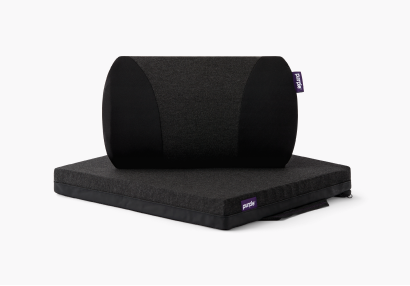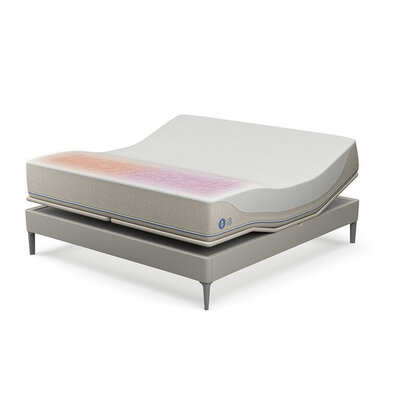Performance Mattress Pad | Slumber Cloud®
Bring temperature-regulation performance to the mattress you already love. A combination of two temperature-regulating technologies: proactive NASA-engineered technology and superior moisture-wicking capabilities, this mattress pad delivers premium performance and a more rested you.
Bring temperature-regulation performance to the mattress you already love. A combination of two temperature-regulating technologies: proactive NASA-engineered technology and superior moisture-wicking capabilities, this mattress pad delivers premium performance and a more rested you.
The thoughtfulness is in the details.
It doesn’t stop at thread count. It’s the little things, the thoughtful details, that make our products the best available.








by Donna
We feel like we have new mattresses!
by Cynthia
We’ve had a Tempur-pedic mattress for over 20 years and love it except for getting a sweaty back. With the Performance mattress pad, I haven’t gotten up with a sweaty back at all. It works!
by Jean
We purchased with the performance sheets along with the mattress pad. I like that this pad comes down under the mattress like a fitted sheet. The cooling pad we purchased with the sleep number bed only sat on top and would move around. My husband has cancer with night sweats. The combination of the pad and sheets have helped him. The night sweats are not gone but they are not as extreme.
by Deborah
The mattress pad keeps me cooler and allows for longer stretches of sleep between awakening. I still get warm sometimes but not sweaty.
by Michelle
I have a Hybrid mattress and a memory foam topper which sleeps hot. I had a pretty good solution using a temperature dispersing mattress pad on top of the topper and cotton mattress pad on top of that. Those worked ok, but sometimes still too hot, so I decided to try this. I love it. It performs beyond my expectation. That it has extra padding is a nice bonus too. I haven’t slept this well in a long time.